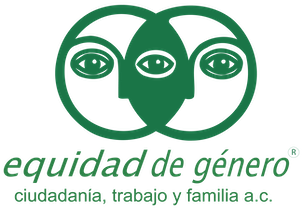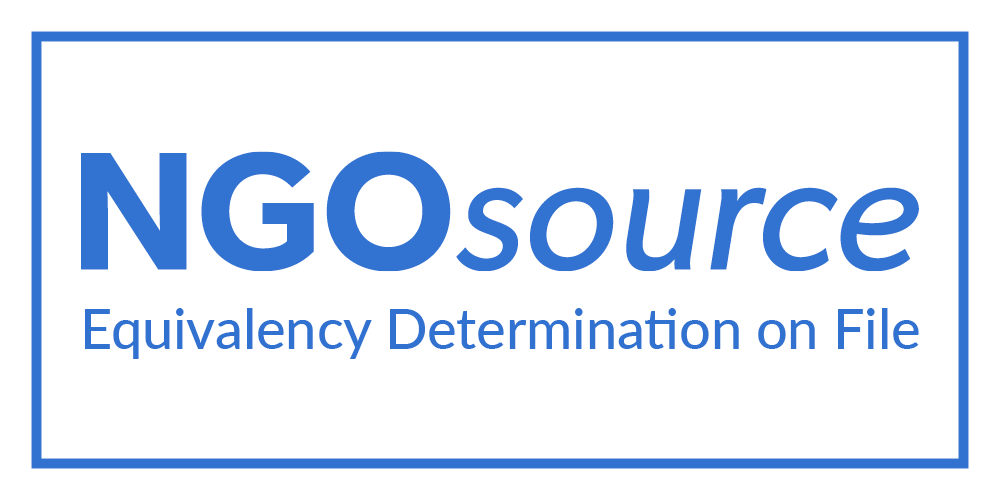
Women’s Working Group on Financing for Development
Webinar Series
Macro Solutions for Women, the People and the Planet
A series of action-oriented dialogues on the macro agendas and the current crises
A Global Regime of Intellectual Property Rights and Trade:
Who will benefit from the new solutions for the pandemic and the upcoming famine?
By Denisse Vélez Martínez
Organized by the Women’s Working Group on Financing for Development in collaboration with the Third World Network, this third conference addressed a key issue to understand the current global economic structure: the trade regime and intellectual property rights. It is a topic that has been analyzed almost exclusively from the most orthodox positions, so it is important to integrate a feminist reading with an equality perspective and within the human rights framework that accounts for the local and life impacts of people, especially women from the global South.
Barbara Adams, Senior Policy Advisor at the Global Policy Forum, served as moderator. She asked fundamental questions to advance in practical terms in advocacy, point out why it is important to discuss the global trade regime and explore solutions for structural changes. She remarked that we should not see the context of the current crisis as caused entirely by the virus: we have had crisis after crisis because that is a systemic failure; She pointed out that we can outline our gaze for the future because it is important to return to the subject of the policy space, not only at the national level.
Export-led growth was the model that our countries adopted as a developmental promise, in that sense it was that the spaghetti bowl was cooked for the movement of goods and capital, which is how we can think of all bilateral, regional free trade agreements or multilateral, such as the Transatlantic Agreement for Trade and Investment (TTIP), the Trans-Pacific Agreement for Economic Cooperation (TPP) or the North American Free Trade Agreement (now TMEC), which were signed and negotiated by their ” significant impact ”on employment and growth, but whose background accounts for the establishment of legally binding rules that compel nations to accept conditions that have negative effects on human rights and the sustainability of life.
The panelists made a feminist reading of the global trade regime presented in the following lines, hoping to motivate reflection in our territories.
Ranja Sengupta, who is the Principal Investigator in India for the Third World Network (TWN), urged us to question the political space that national states possess to debate multinational, bilateral or regional trade agreements, since in the era of globalization free trade has been raised as the great tool to drive development. However, the reality for the countries of the South is very different as global value chains account for how companies from the global north go to the south to exploit their natural resources and workforce, but their participation places them in the most down the chain because the technology provided is controlled by developed countries. The latter is not accidental; It is created in the regulations of intellectual property rights and investment protection agreements, which generate profits worldwide and have direct implications in the lives of women and people.
For example, if a government decides to implement a public policy to deal with a national crisis and this is against the interests of large corporations, they can sue it, taking the cases to international courts, where the profits govern. Feminists “are telling our governments that times have changed, that if this crisis cannot be managed now it is because of the political space given in these trade agreements, so the needs of macro-national policy must be determined” and put the sustainability of life at the center.
In this regard, Chee Yoke Ling, director in Malaysia of the TWN, mentioned that there are three international legal companies located in the North that have announced the monitoring of the response policies to COVID-19 by the States, and that they are ready to help to sue governments in the name of free trade and respect for intellectual property rights (IPR). But these are not rights, they are patents, trademarks that represent monopolies that have closed the entrance to innovation, advocating copyright protection, “temporarily”, a clause established from the North that developing countries had to accept to be able to export their products and because they thought it would be a multilateral system that would end the great unilateral economic power.
What the COVID 19 pandemic shows is that IPRs are imbued in every possible space and that includes public health, where, for the sake of rewarding “intellectual authorship”, nearly two million people do not have access to basic essential medicines, while 15% of the world population consumes more than 90% of the world’s pharmaceutical production, an excessive consumption that has generated health problems, such as resistance to antibiotics. Chee Yoke Ling urges us to ask ourselves, “Can the sun be patented? If the polio vaccine had been patented, the disease would not have been eradicated today.”
The last intervention realized how IPRs are not only related to big industry but are in agriculture and define what reaches our food. Mariam Mayet, Executive Director of the African Center for Biodiversity, exposed the role of these trade clauses in previous crises, such as the world food crisis of 2008, where it became clear that the architecture that supports and reinforces industrial agriculture has contributed to the depletion of genetic resources, biodiversity and the collapse of ecosystems worldwide. We have placed ourselves on a narrow and very dangerous technological path of corporate control, in the era of genetic editing of our food, the production of monocultures and processed foods that are part of a system based on the commodification of nature and knowledge, that has caused the loss of agricultural biodiversity and a great destruction of the systems that are the life support of our planet and, therefore, of our existence.
Oligopolies in the production of seeds and agrochemicals that also control technology have generated a dependency on these genetically modified inputs that women producers face; challenging that dependency could mean being sanctioned, in the name of free trade and intellectual property that threaten food security and sovereignty, while large agribusinesses appear to be the too big to fail of the pandemic and have taken the front line to receive bailouts.
As a result of the reflections presented from this feminist reading, it was concluded that “we have a common future, we must work on global solutions. We need systemic solutions that really take root. We need to keep up. We need a clear break from current systems dominated by Western knowledge.”
Co-Convenors Women’s Working Group on FfD:
Rosa Lizarde, Global Director, Feminist Task Force, Global Director; and Co-Convenor, Women’s Working Group on FfD. rosa.lizarde@feministtaskforce.org
Emilia Reyes, Program Director, Policies and Budgets for Equality and Sustainable Development, at Gender Equity: Citizenship, Work and Family; and Co-Convenor, Women’s Working Group on FfD. emilia@equidad.org.mx
In Equidad de Genero we will be publishing reviews [EN-ES] of the webinar series, which will be available on Women’s Working Group on Financing for Development YouTube channel.


